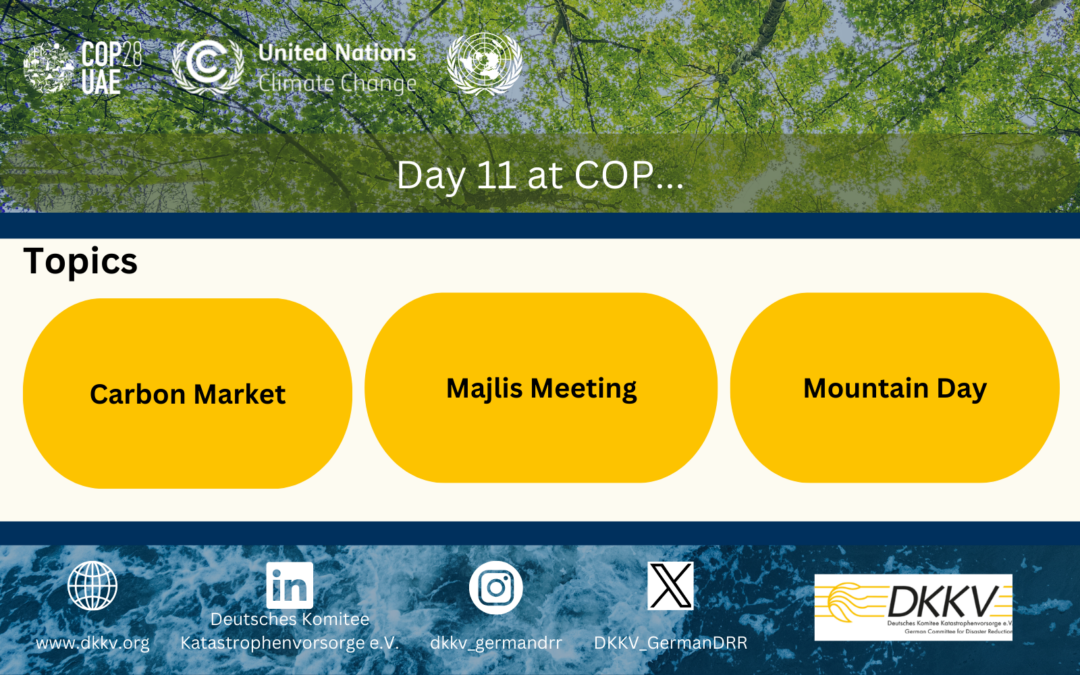Carbon Market
Article 6.4 of the Paris Agreement allows international cooperation in order to meet the overarching goals of staying within 1,5C. This supranational collaboration entails the so called carbon markets, that allow the trade of carbon certificates. Some states do not support a central registration of all certificates in order to keep their own carbon trade system in place. Amongst those the USA, trying to uphold the voluntary carbo market, since this system is based on making profit from the registeres certificates an dis thus aiming for as many registered certificates as possible to maximise financial income. Selling too many carbon certificates does therefore not lead to a meaningful reduction of GHGs. Die EU hingegen setzt sich für ein zentrales staatliches Register ein, um Transparenz im Zertifikathandel und höhere Standards zu gewährleisten. Eine genauere Einschätzung zur Lage finden Sie bei Friedrich Bohn.
Sources: Nature4Climate, UNFCCC
Majlis Meeting
The Majlis is an Arabic term used to refer to a council or a special gathering, typically bringing together a community of elders. Yesterday the COP President has been meeting with all countries in this format, in oder to bring together all of the different decisions and outcomes to strike the right balance and to find common ground on negotiation outcomes. Friedrich Bohn concludes: “Even if the discussions were not peppered with concrete proposals, it was possible to turn some conflicts into constructive negotiations.”
Sources: Friedrich Bohn, UNFCCC
Mountain day
Mountains, with their rich biological and cultural diversity, play a key role in the livelihoods of millions of people. Since climate change is increasingly affecting these regions, access to content-specific knowledge is essential for mountainous countries to implement effective adaptation measures. Therefore, concrete interventions in 2024 under the Nairobi Work Programme were identified, to close knowledge gaps and increase tailored solutions for adaptation in mountain regions.
Sources: UNFCCC


